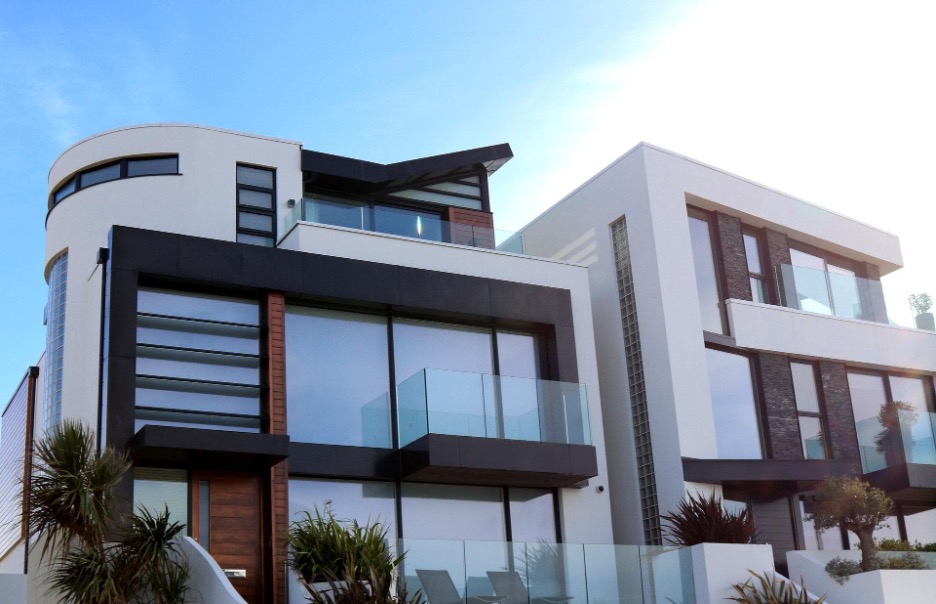
Over the last few years, the behavior of the market has shown there are financial benefits to building a house rather than buying one.
Not only do you get exactly what you want in your dream house, but you may cut down on monthly costs by creating an energy-efficient home with quality insulation.
If you’re ready to build your first home, read on.
-
Hire Quality Contractors
One of the essential pieces of the house-building process is retaining the right contractors for the work. It is essential to source the right building materials from reputable suppliers such as your local trusted Build Store or from recommendations by your architect. Always focus on quality and make sure to speak with people before hiring anyone.
It’s worth paying a little extra for professionals who will do the job right, rather than get it done fast. If you’re planning to include a garage or workshop on the property, for example, you’ll want to work with professional metal-building contractors who have your best interests in mind.
They’ll have to be in charge of all the laborers, and make certain to provide you detailed information about the quality of materials they intend to use.
Don’t forget to check the online reviews of roofers and electricians. See what other people’s experiences have been like, which will offer a strong indication of what’s going to happen with your project.
-
Strategically Map Your Budget
Just because you intend to take out a loan to build your house, that doesn’t mean you shouldn’t develop a detailed budget. You should have a complete grasp of your costs before you apply.
Lenders want to know such details as income-to-debt ratio, credit score, employment status, and how much you intend to put toward your down payment.
Unless you plan to take out a VA loan, which doesn’t require a down payment, you’ll have to evaluate your savings and any other potential sources of funding to ascertain what you can realistically offer as a down payment on the home purchase. Typically 20% down is required.
Next, you’ll have to calculate potential unexpected expenses, furnishings, and window treatments, and remember to cover your regular monthly bills on top of the new mortgage. Work with an accountant if you’re struggling to get a grasp of your financing before you apply for any kind of loan.
-
Get Land Inspection
With any house, the seller will typically perform a pre-sale building inspection. This will enable the parties to identify any issues that ought to be addressed before the structure is placed on the market.
Since you’re building a home on a new lot of land, conducting a land inspection is highly recommended, although it’s not necessarily required. If you’re building a home that shares a wall with another property, you may need to undergo a party wall agreement to avoid any unnecessary future complaints from your neighbor.
Buying land isn’t as simple as looking for a green spot to clear for the building. You ought to know whether you have ready access to electricity, sewage, and city water.
You’ll especially want to verify whether the site is located in a flood zone. There may also be zoning laws and regulations that will determine whether this is a buildable lot.
Often, a lot designated for new construction will be located within a development. There will of course be HOA (homeowners association) fees, but you may be assured the land will be suitable for your needs.
-
Choose Your House Plan
This is where the fun comes in. Basically, you have two options to choose from when designing the layout of your house.
You can either accept a pre-made design from an architect, or you can seek a customized layout that’s designed specifically to suit your family’s needs. There are also options to buy house floor plans online.
Those provide all the details the builder will require with regard to materials and how to construct the residence. Typically, these cost a few thousand dollars.
Do the proper research when you look for these online because you want to be sure you’re buying the plans from a licensed and professional architect.
If you are building a house in a development with an HOA, you will have to abide by strict codes, such as building type, house and door colours, mailboxes, and landscape design.
-
Get It In Writing
Contracts are the key to protecting yourself and your investment. Make sure you’ve negotiated and signed all the relevant contracts before the building starts.
This includes your contractors and architect, and that the land is secured in your name. If any amendments have to be made along the way due to changes your contractor has to make, negotiate the terms ahead of time.
Summary
Building a house is an exciting effort, and can be more rewarding than buying a home that’s already built. The former is custom made to reflect your desired layout, cabinets, countertops, and other design elements.
Always talk to multiple professionals before you dive into your build project. You probably should know more about your budget and the site before signing any contracts with architects and builders.
You’re making a major investment, and you should exercise the necessary patience to get all the fine details worked out before you start to build your home.
You may be interested in: How to become an Artificial Intelligence Architect

